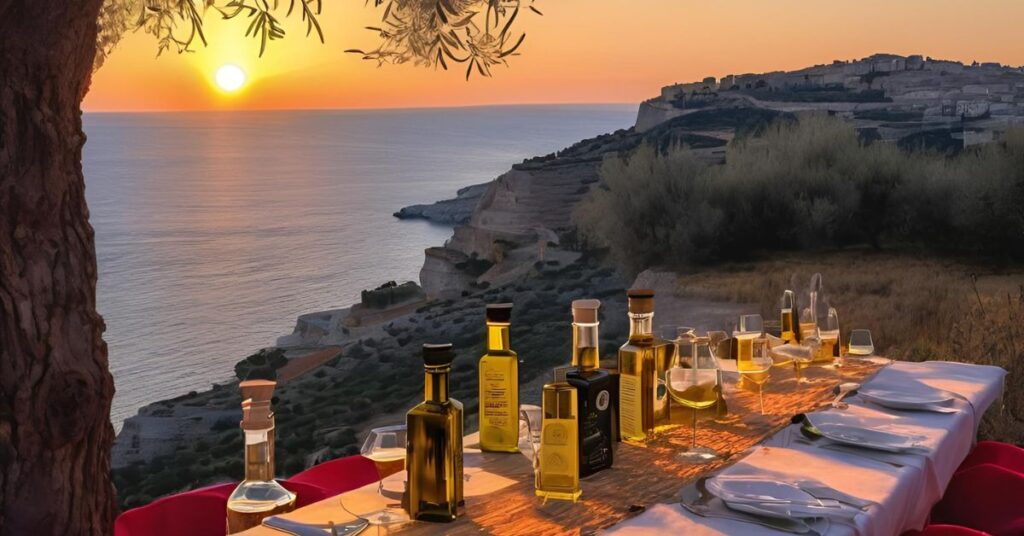
The Rise of Olive Oil Tourism

Discovering the World Through Olive Oil: The Rise of Olive Oil Tourism
In recent years, olive oil has transcended its place in the kitchen to become a gateway to culture, tradition, and immersive travel. From the rolling hills of Tuscany to the rugged groves of Crete and the sun-drenched plains of California, olive oil tourism—or oleotourism—is emerging as a meaningful way for travellers to connect with nature, heritage, and the slow rhythms of rural life.
What is Olive Oil Tourism?
Olive oil tourism is a growing segment of agri-tourism focused on the production, tasting, and cultural significance of olive oil. It invites visitors to explore olive groves, tour pressing mills, learn about harvesting and milling techniques, and, of course, taste different oils—often paired with regional cuisine and wines. Much like wine tourism, oleotourism offers a sensory and educational journey that brings the story of the land to life.
A Global Experience
While the Mediterranean remains the heartland of olive oil production, olive oil tourism has now become a worldwide experience. Here’s a glimpse at some destinations leading the way:
- Italy: In regions like Umbria, Liguria, and Tuscany, travellers can wander ancient groves and take part in the autumn olive harvest. Taste oils with distinctive local flavors—from peppery Tuscan oils to delicate Ligurian varieties.
- Spain: As the world’s largest producer of olive oil, Spain offers rich experiences in Andalusia, where visitors can stay in almazaras (oil mills), enjoy oil-pairing menus, and even bathe in olive oil-based spa treatments.
- Greece: Olive oil is deeply woven into Greek identity. In places like Kalamata and Crete, guests can learn about ancient olive trees, explore traditional harvesting by hand, and discover how olive oil intersects with mythology and everyday Greek life.
- California, USA: With a Mediterranean-like climate, California is producing award-winning oils and drawing interest with its boutique mills, farm stays, and sustainable farming initiatives in regions like Napa Valley and Paso Robles.
- Australia and South America: Countries like Argentina, Chile, and Australia are fast-growing olive oil producers, offering innovative tours that combine new-world techniques with time-honored traditions.
Why It Matters
Olive oil tourism is about more than tasting good food. It supports local economies, preserves agricultural heritage, and promotes sustainable tourism. It encourages travellers to go off the beaten path, appreciate biodiversity, and build direct relationships with producers. In a time when many seek authenticity and environmental responsibility in their travels, olive oil tourism offers a rich and grounded experience.
Tips for the Oleotourist
- Go in harvest season (October–December in the Northern Hemisphere) to see the full process from tree to bottle.
- Take a guided tasting—you’ll be surprised how complex and diverse olive oil can be.
- Look for certified tours or eco-farms for a deeper, more sustainable experience.
- Pair it with local food and wine—olive oil is a storyteller on the palate.
The Future of Olive Oil Tourism
As travellers increasingly seek meaningful, mindful journeys, olive oil tourism is set to grow. Not just as a culinary curiosity but as a form of cultural preservation and ecological awareness. Whether you’re drizzling peppery oil over rustic bread in Portugal or learning to harvest olives under the Greek sun, you’re not just touring—you’re connecting.
So the next time you travel, consider stepping off the highway and into an olive grove. There’s a world waiting to be tasted—one golden drop at a time.